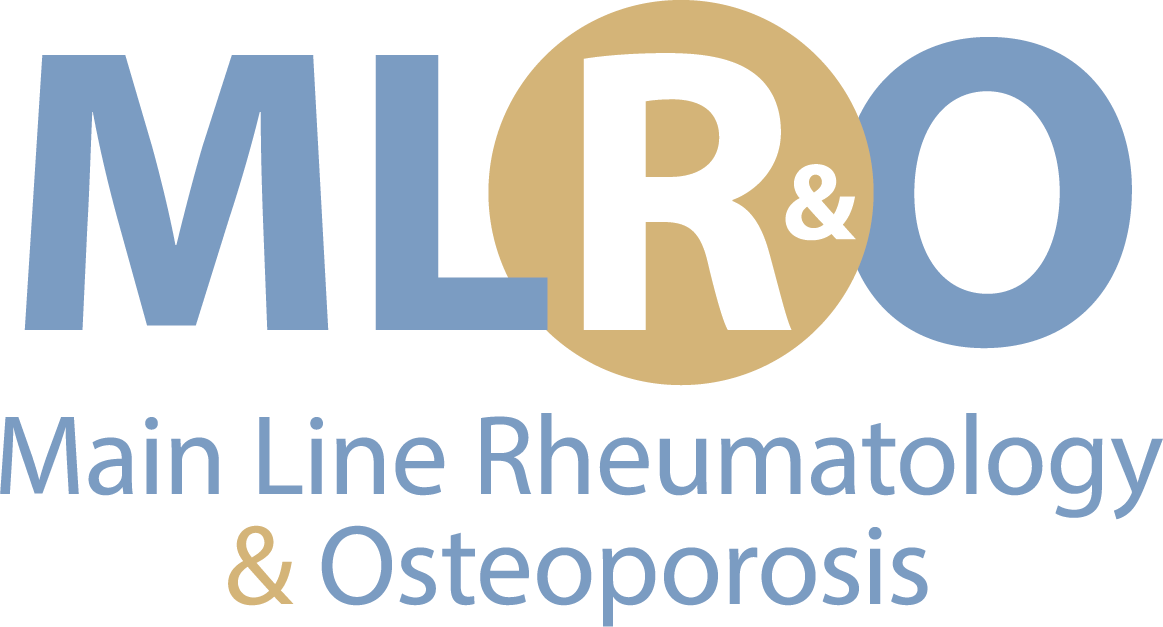As rheumatologists, how many times a week do you think we see patients in our office, and the first words we hear are, “Oh, my aching back!” or “My back went out, and I have  no idea what I did.” A LOT!
no idea what I did.” A LOT!
Optimally, we should be able to comfortably stand up straight and walk down the street; right? We expect to have a spine supported by our muscles and tendons, so our back is strong and we can walk, go up and down steps, get in and out of a car, bed or the bathtub, as well as do work around the house, move and lift items, etc.
But sometimes that is just not meant to be, and here’s why.
Unfortunately, millions of Americans have ongoing back pain. There are often issues with spinal joints, discs, muscles, or nerves working together during movement, causing pain. The problem can arise from natural aging, injury or disease.
Depending on the underlying cause of back pain, symptoms can be experienced in a variety of ways. You may have:
- Pain that worsens after prolonged sitting or standing
- Dull pain in the lower back
- Stinging or burning pain in the lower back moving to the backs of the thighs, lower legs or feet
- Numbness or tingling (sciatica)
- Tightness in the lower back, pelvis or hip muscle spasms making it difficult to stand up straight, walk, or go from standing to sitting
- Your doctor will ask you to describe your pain. Here is how we categorize pain symptoms:
In addition, symptoms of lower back pain are usually described by type of onset, location and duration:
- Acute back pain typically comes on suddenly. Lasting for a few days or weeks, it is considered a normal response to injury or tissue damage. Pain gradually subsides as the body heals.
- Sub-acute low back pain is more prolonged, lasting between 6 weeks-3 months, and is usually due to muscle strain or joint pain.
- Chronic back pain is more severe, lower back pain that lasts over 3 months, and might not respond to initial treatments.
- Regional (localized) back pain or referred pain which radiates down one or both legs below the knees.
The most important goal is to address your back pain with your rheumatologist during an examination to determine if any of these issues are your problem:
Disease: Arthritis is a common cause of back pain.
Herniated or slipped discs: Discs are between your spine’s vertebrae and are “shock absorbers”. Lower back or hip pain associated is usually caused by wear and tear, or age.
Degenerative disc disease: Pain can be age-related, where discs shrink or tear, causing the bones to rub together.
Inflammation of the sacroiliac joint: Located where the spine and pelvis come together, swelling and eroding joint cartilage can occur from injury, arthritis, an infection, or pregnancy.
Spinal stenosis: Affecting those over age 60, pressure on the spine and nerves can cause the legs and shoulders to feel numb, burning and weak.
Pinched Nerve: Usually caused by a bone spur, or a herniated disc. Sciatica with pain down the back of a leg into the foot is a typical example.
Spondylolisthesis: Degenerative form of arthritis which weakens the joints and ligaments that keep the spine aligned.
Accidents and Injuries: Automobile, falls, muscle sprains or fractures.
Spine or vertebral fractures: Occurring from a fall, injury or osteoporosis.
Sprains and strains: Injuries to muscles, tendons and ligaments that support the spine and joints.
Spasms: Sometimes when muscles and tendons are torn in the lower back.
Lifestyle: Back pain can come from lifting, being overweight, lack of exercise, slouching and even smoking.
Emotions: Stress can cause muscle tension in the back, and depression and anxiety may make pain feel worse.
What can help alleviate back pain? Medications, stretching exercises and weight loss are helpful. Other medical experts such as physiatrists, osteopaths and orthopedic surgeons may also be necessary to try and resolve back issues.
Your rheumatologist’s goal is to alleviate your back pain so you feel better, move more comfortably, and live the healthy and active life you are meant to enjoy!


